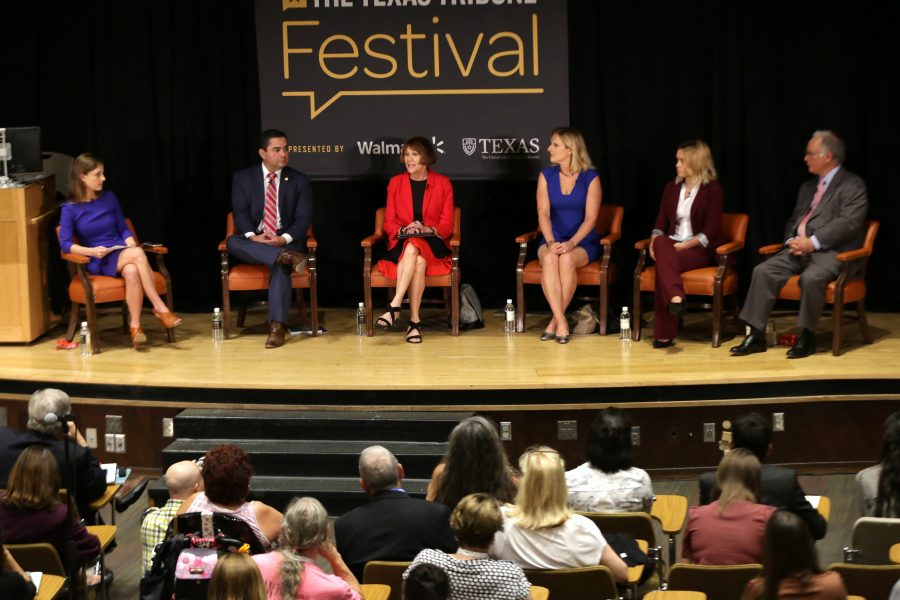The Department of Education’s announcement that it will rescind Obama-era guidelines has left colleges struggling to reform sexual misconduct investigations in a lurch. The change comes right on the heels of last spring’s CLASE study, which found that 15 percent of undergraduate female UT Austin students experienced rape since enrollment.
Although the shake up may bring new challenges for the university’s administration, as a community, there is still work we can do in prevention through communication. When we find a way to have the right conversations with the right audiences, culture will change.
UT has a variety of efforts, including those by Voices against Violence and a partnership with the Interpersonal Violence Prevention Committee, educating students on the definition of consent. But, as any advertising professor will tell you, there’s no such thing as a mass market.
Let’s be real: Making announcements at freshman orientation sessions does not reach the beliefs of those in the audience most likely to harm their peers.
A culture is not created by a series of actions; it is created by a series of beliefs which are then acted upon. The prevalence of sexual assault is no longer being swept under the rug, but if we do not address the underlying beliefs held by men who commit assault or harassment, the situation will not budge.
Beliefs are rooted in one’s experience. From a psychological standpoint, it’s been found that those who commit sexual assault are more likely to have faced childhood adversity. Those who are repeat offenders are more likely to exhibit antisocial behaviors. Through the Counseling and Mental Health Center, we have the ability to help those at risk to assault before it happens and educate those who are likely to repeatedly offend.
“The students who will choose to attend a conversation on sexual assault, they aren’t the ones who need to hear it. We have to go to them,” said Wanda Mercer, an associate vice chancellor for the University of Texas system, said during a panel on sexual assault at this weekend’s Texas Tribune Festival.
That might be easier said than done. When I asked Representative J.M Lozano and Senator Kirk Watson why they seemed to understand the prevalence and importance of sexual assault better than many college men I knew, both cited female family members. “Well, probably from Billy Faye Watson, my mom. Liz Watson, my wife.” Watson answered.
“I grew up in a home with no brothers and five sisters,” Lozano said. While these men are fortunate to have had these influences, not every man has access to female perspectives growing up, and a “get sexy, get consent” button won’t make up for that.
To fight disproportionate dropout rates of first-generation students, UT invested time in making students engage with examples of persistence through written reflections about universal first-year experiences. It was a game changer. In the same way UT modeled persistence for first-generation students, we should go to our first-year interest groups and student organizations in smaller settings to make them interact with the material and prepare them for real life situations. Only when we’ve required our young men to participate in these vital conversations, not just be in the room, will we begin to see change.
MacLean is an advertising and geography junior from Austin. She is a senior columnist. Follow her on Twitter @maclean_josie.





















